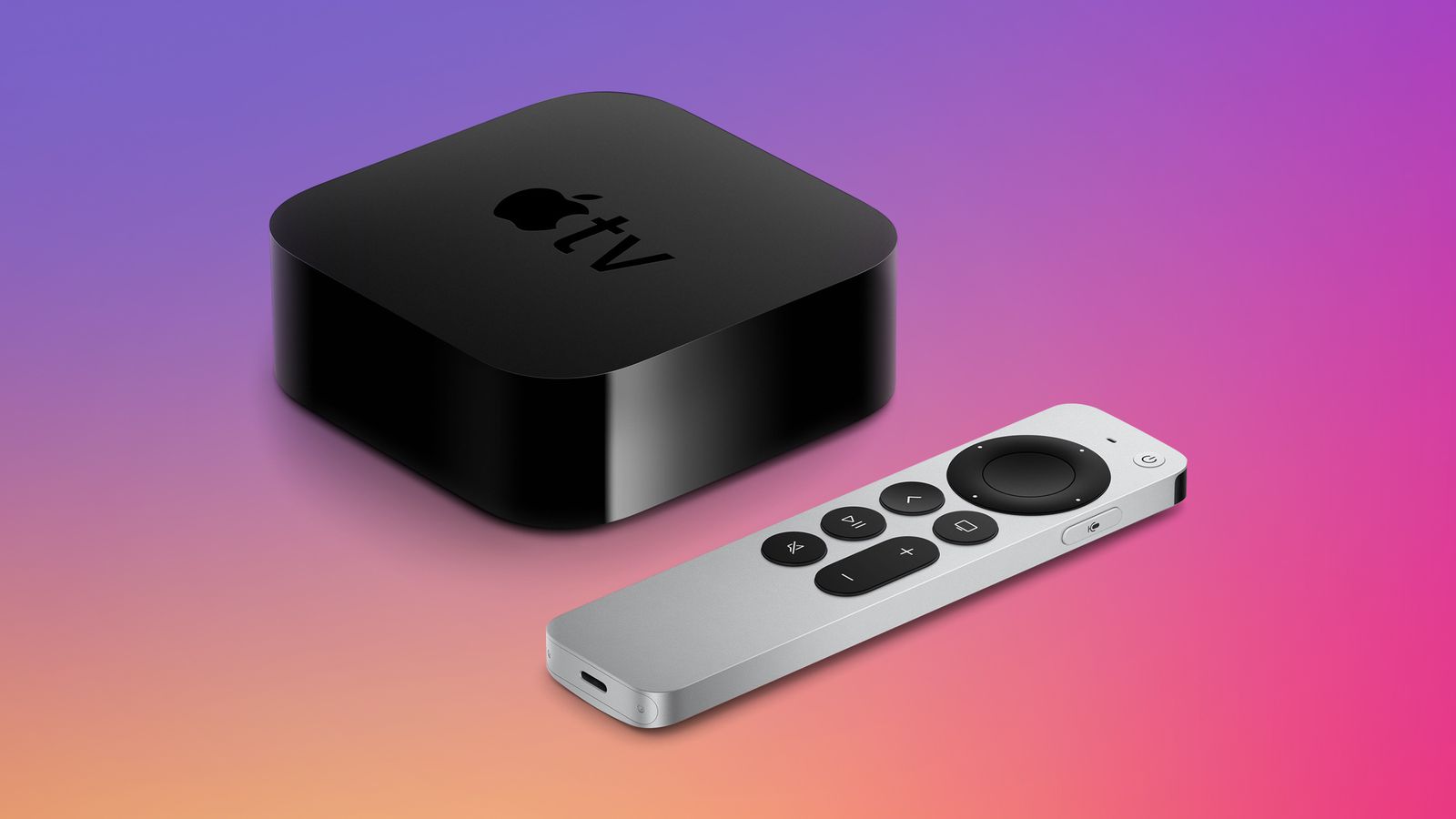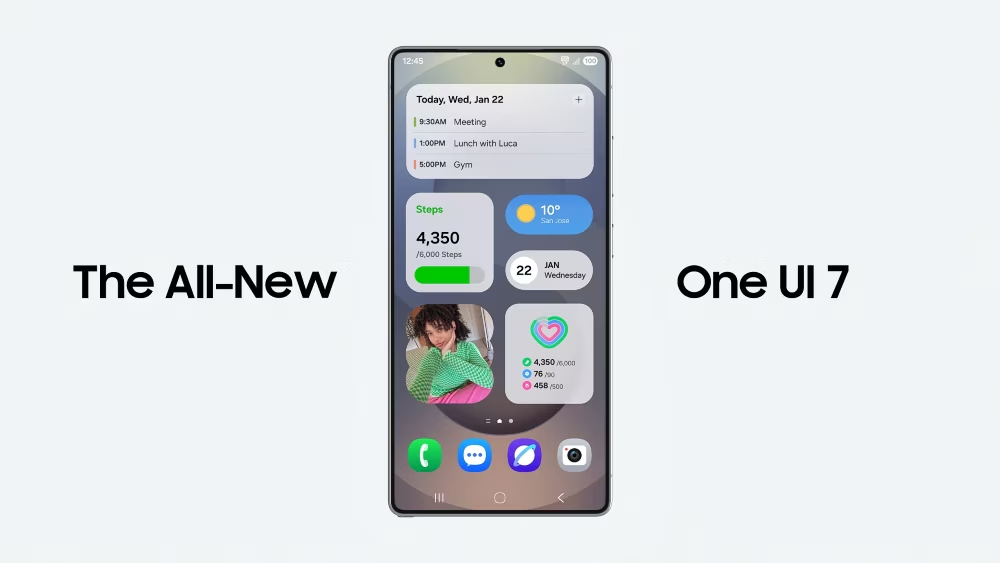Let’s talk about something that quietly walks into people’s lives, often unnoticed, and then decides to stay—a condition that has touched millions of hearts, homes, and health journeys across the world. Diabetes Mellitus isn’t just a medical term in a textbook. It’s a daily reality, a lifelong balancing act, and for many, a silent battle fought with resilience and courage.
But what really is diabetes? And why is it so deeply woven into modern life?
It Starts with Sugar, But It’s More Than That
At its simplest, Diabetes Mellitus is a condition where the body either doesn’t produce enough insulin or can’t use the insulin it makes properly. Insulin is like the key that unlocks your cells so that sugar (glucose) can get inside and be used for energy. Without it, sugar builds up in your blood instead of nourishing your body.
This can lead to two main types:
Type 1 Diabetes: Usually appears in childhood or adolescence. It’s autoimmune, meaning the body’s own immune system attacks the insulin-producing cells in the pancreas. People with Type 1 need insulin daily to survive.
Type 2 Diabetes: More common in adults, though increasingly seen in younger people too. Here, the body becomes resistant to insulin or doesn’t make enough. It’s often linked to lifestyle, weight, and genetics.
Then there’s Gestational Diabetes, which occurs during pregnancy and usually disappears after childbirth—but increases the risk of developing type 2 diabetes later in life.
The First Signs – Often Missed, Sometimes Ignored
Diabetes doesn’t always shout when it arrives. It whispers.
You might feel tired all the time. You might get unusually thirsty or find yourself making frequent trips to the bathroom at night. Some people notice unexplained weight loss, blurred vision, or slow-healing wounds. Others feel nothing at all—until routine blood tests reveal elevated sugar levels.
That’s what makes diabetes tricky—it’s often silent but serious.
When Life Changes Overnight
For many people, getting diagnosed with diabetes is a life-altering moment. Suddenly, you’re counting carbs. You’re pricking your finger for blood sugar tests. You’re reading food labels like your life depends on it—because it kind of does.
It’s not just a disease. It’s a lifestyle.
You become hyper-aware of everything—your plate, your body, your energy. It’s overwhelming at first. But gradually, with guidance, knowledge, and support, you learn how to live with it. And more importantly—you learn how to thrive.
Food, Fitness, and the Fight Back
Let’s talk about the heart of diabetes management: lifestyle.
A diabetic-friendly life isn’t about starving or suffering. It’s about balance. About making food your friend, not your foe.
Whole grains, lean proteins, vegetables, and good fats become your power squad.
Sugary treats and refined carbs? Occasional guests, not permanent residents.
Exercise? It becomes non-negotiable. A daily walk, a swim, a yoga session—it helps your body use insulin better and keeps your sugars in check.
And the most powerful weapon? Consistency.
It’s not about perfection. It’s about daily choices that inch you closer to wellness.
The Emotional Side No One Talks About
Here’s something we need to talk about more openly—diabetes can mess with your mind. It’s not just blood sugar numbers. It’s the anxiety of getting it wrong. The guilt after a bad food day. The stress of long-term complications. The fear of being a burden.
But you’re not alone.
Diabetes support groups, mental health counseling, even just honest conversations with friends or family can make a world of difference. Sharing your journey lightens the emotional load. Because what you’re going through? It’s real. And it’s okay to feel overwhelmed sometimes.
Modern Tools, Old-Fashioned Support
Thankfully, technology is helping make diabetes a little easier to live with. From continuous glucose monitors (CGMs) that track your sugars in real-time, to smart insulin pens, and apps that log your meals and meds—there’s a whole digital world built to support diabetic lives.
But you know what still matters the most?
A kind doctor. A supportive family. A spouse who reminds you to check your sugar. A friend who joins your walks. A child who asks if you’ve had your medicine. Support is still the best medicine.
Complications: The Warning We Can’t Ignore
Left unmanaged, diabetes can quietly damage your organs over time. It can affect your:
Heart (increased risk of heart disease and stroke)
Eyes (diabetic retinopathy can cause blindness)
Kidneys (diabetes is a leading cause of kidney failure)
Feet (poor circulation can lead to infections, even amputations)
But here’s the powerful truth: most complications can be prevented or delayed with proper control, regular checkups, and a proactive attitude.
Hope. Healing. Health.
Diabetes might slow you down, but it doesn’t define you.
You can live a beautiful, full, adventurous life with diabetes. You can eat well, travel the world, build families, play sports, laugh with your grandkids, chase your dreams—and still manage your condition.
It all begins with awareness. Know your numbers. Know your risks. Know your power. Because you’re not powerless. You’re learning, you’re growing, and you’re stronger than you think.
Some Daily Tools That Help (Amazon Picks)
Whether you’re managing diabetes or supporting a loved one, these tools can help:
Dr. Morepen Blood Glucose Monitor Kit – Simple and reliable sugar testing at home
Diabetes Travel Organizer Bag – Keeps insulin, test strips, and supplies organized
Fitness Tracker with Heart Rate Monitor – Track your activity and keep moving
Diabetic Cookbooks for Indian Recipes – Healthy meals without sacrificing taste
Smart Water Bottle With Reminder – Helps keep hydration on track, especially important for diabetics
(International readers: All links also work for Amazon Global.)
Final Words: You Are Not Alone
If you or someone you love is walking the path of diabetes—know this:
You are not broken. You are not weak. You are simply adjusting to a new way of living—and with time, support, and self-love, that life can still be joyful, exciting, and healthy.
Diabetes isn’t the end of anything. It’s the beginning of a stronger, wiser, more mindful you.













